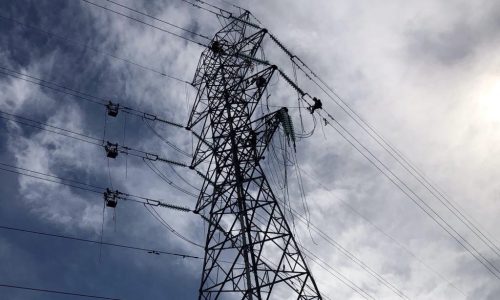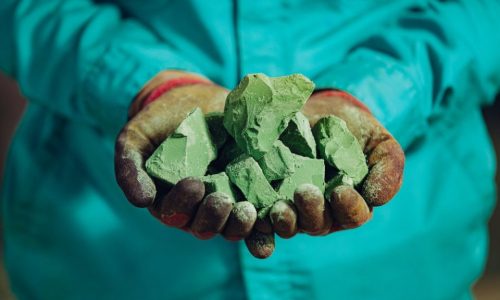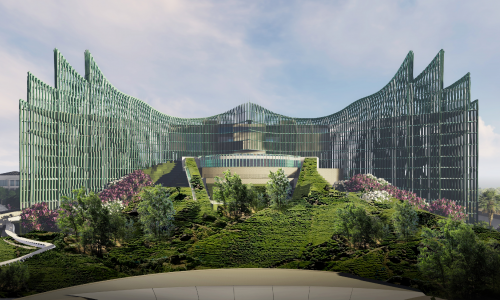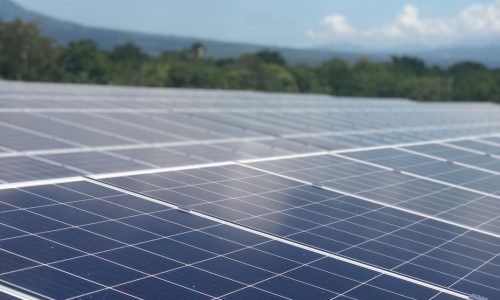Subang regency has been developing an automotive components industry since 2018 with an investment worth IDR 11.13 billion. The industry has been part of the Investment Coordinating Board (BKPM)’s 47 regional investment projects. Several companies from Belarus and Japan will cooperate with the government on automotive components industry.
Subang regency is part of the West Java province. The regency, which capital’s name is also Subang, has an area of 2,051.76 square kilometers. In 2020, the total population in the regency was 1,595,320 people.
The BKPM is a government institution dealing with investment projects and is responsible for implementing policy and coordinating investment projects in Indonesia. The institution was founded in 1973. Investment Minister Bahlil Lahadalia has chaired the board since 2021.
Opportunity to investors
The automotive components industry project was first established in 2018 with an investment of IDR 11.13 billion, an interest rate of return (IRR) of 46% and a net present value (NPV) of IDR 1.33 billion.
West Java and Banten provinces have been known as centers for automotive industry, with cities of Subang and Tangerang as the main highlights. Indonesia has attempted to expand the automotive industry beyond Banten and West Java.
Franky Sibarani, Former BKPM chairman in 2014 to 2016, had said in 2015 that companies such as Yazaki Corporation from Japan already had seven factories in Subang and Tangerang.
In March 2022, Indonesia just signed a cooperation agreement in the automotive component industry with Belarus. There are several potentials of cooperation that the government is pushing. One of the potentials is a collaboration among industrial actors such as the Minsk Automobile Plant (MAZ). MAZ had chosen Indonesia as the country has large market potential and competitiveness. A state-owned company from Belarus, BATE OJSC, is finding a potential partner in importing automotive components from Indonesia.
Read also: Government provides support to automotive industry facilities, including EVs
Risks that hinder automotive industry growth
However, there are significant risks to automotive industry during the COVID-19 pandemic. There are also several downturns in domestic automotive industry.
According to the Association of Indonesian Automotive Manufacturers (Gaikindo), there are serious problems with the increasing price of fuel and the scarcity of chips that affect production rate.
Meanwhile, according to the Indonesian Chamber of Commerce and Industry (Kadin), the high production costs hinder the growth of automotive industry. The industry – starting from raw materials, required fuel, and the scarcity of raw materials prices and semiconductor chips that do not meet supply needs – will also have to increase prices.
Kadin Deputy Chairman Johnny Darmawan said in 2019 that the automotive component engines had been made domestically, helping to increase production to 2.25 million units. However, production costs are still quite expensive. In addition, labor wages are still fairly uncompetitive.









